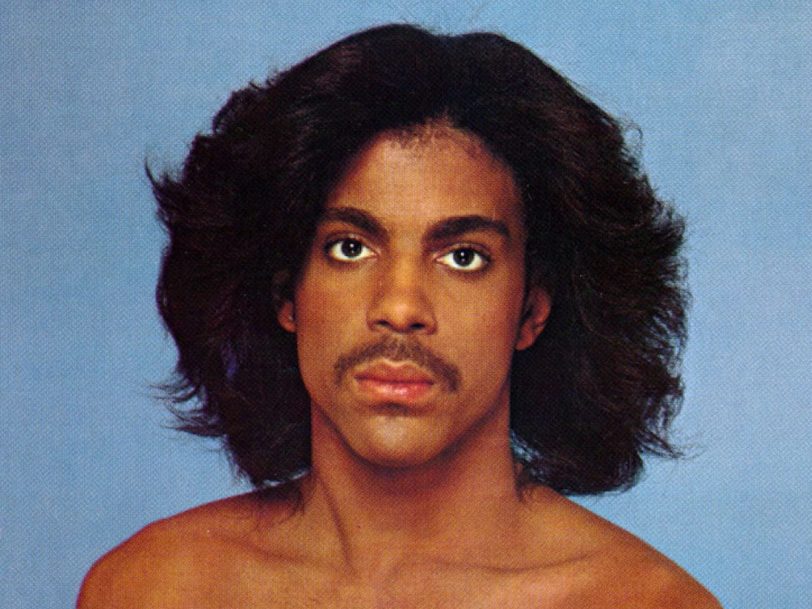By the time Prince came to record his self-titled second album, he’d learned a few important lessons. Having driven himself to the brink of exhaustion with the protracted recording sessions for his debut, For You, he spent just two months fashioning a follow-up which benefitted from the knowledge that less can be more. Layers of overdubs had given For You a full sound and proven the then-teenaged Prince’s confidence in the recording studio, but the leaner arrangements on his new record allowed his songwriting skills to shine. As Prince himself later put it to Rolling Stone: “I knew how to make hits by my second album.”
Listen to Prince’s self-titled second album here.
“His original ideas broke through”
He could have taken more time over it but, indicative of the speed with which he would become known for working, Prince entirely recorded and mixed his self-titled second album from late April to mid-June at Alpha Studios in Burbank, Los Angeles. The finished work, too, was a breeze, clocking in at a mere 41 minutes but deploying more than enough hooks to ensure it stayed in the mind for far longer. Speaking to this author for the book Lives Of The Musicians: Prince, Susan Rogers, Prince’s studio engineer from 1983 to 1987, observed: “That first record was craft-heavy… His original ideas broke through on the next record. You can hear on the Prince album: this kid can write.”
Proving just that, the album’s opening track and lead single, I Wanna Be Your Lover, took him one place shy of the Billboard Hot 100’s Top 10 while going all the way to No.1 on the Hot Soul Singles chart. Setting his self-titled album’s stall out from the off, the song introduces Prince as a downcast suitor pleading to be noticed while also slipping in a nod to the kind of attention he’s offering in return: “I wanna turn you on, turn you out/All night long, make you shout.”




